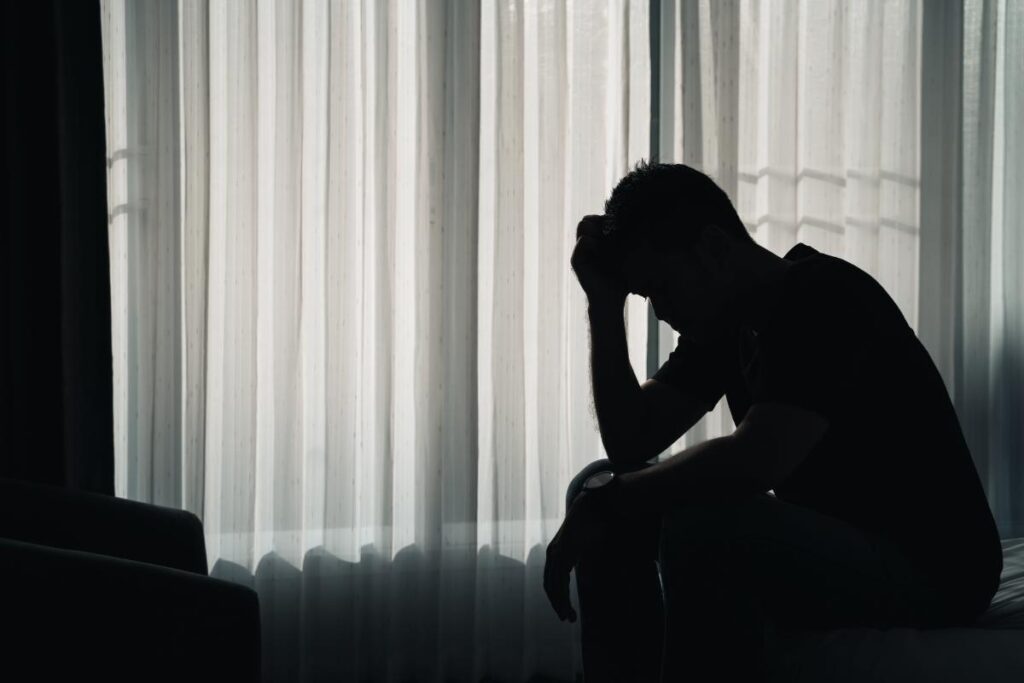Almost anyone addicted to a drug will try to hide it. There are a few reasons why. Understanding the motivation for the use and the hiding and denial can be very useful when trying to help them get addiction treatment.
Shame is nearly always a factor. Someone who has become addicted is likely to be ashamed, even toward other friends who use but seem to have more of a handle on their habit. The shame is especially profound when it comes to the people in their life who don’t use drugs at all.
Secrecy is one of the first behaviors to look for. The secrecy of someone trying to hide a drug habit goes beyond the usual need for privacy we all have. Secrecy or defensiveness about where they have been and who they were with can be a red flag.
Nosiness might annoy someone with nothing to hide, but they usually won’t get angry and refuse to answer or shut you down entirely. The shame they feel and the desire to protect their use motivates the addicted person’s need for secrecy. Thankfully, shame is one of the things inpatient drug treatment at Brazos Valley will focus on as our experts help individuals heal.
Other Behaviors and Signs Addiction Treatment May Be Needed
Addiction has a way of reordering a person’s priorities. Because drugs directly affect the brain’s pleasure centers, they knock healthy behaviors and needs further down the list of priorities. An extreme example is choosing drugs before paying for the roof over their head or even food. But behaviors inspired by addiction are usually apparent long before things get desperate if you know what to look for.
A person caught up in addiction will almost always have unexplained money problems sooner or later. They come up short for rent or utility payments.
Often seem to have their bank account overdrawn, even with a steady source of income. School and job performance are nearly always affected too. You may notice them calling in late, missing classes or meetings, and poor job performance.
Relationships are inevitably impacted by addiction as well. People who use drugs regularly will eventually distance themselves from anyone who doesn’t use them. They drift away from old and dear friends and become more insular around loved ones.
New “friends” appear who the addicted person isn’t eager to introduce to you. Aside from behavior, though, there are physical signs of addiction that are helpful to be aware of.
The following can be signs of opiate abuse:
- Excessive drowsiness or “nodding out” at inappropriate times.
- “Pinned” pupils and glassy eyes.
- Unusually nasally sounding voice, as if the throat is too relaxed.
- Absently scratching itches (much more often than you’d expect).
Here are some physical signs that can indicate amphetamine or stimulant abuse:
- Nervous energy and facial tics.
- Unusually talkative or anxious.
- Sleeping at odd hours or going for days without sleep.
- Picking at the skin and biting or cutting fingernails much too short.
Any marked changes in a person’s health or appearance should be cause for concern. Especially if they occur in concert with suspect behavior and actions, trust your instincts. Learn about denial and codependency to maintain objectivity and avoid becoming part of the problem.
Reach Out to Brazos Valley for the Addiction Treatment Necessary to Heal
The first thing to do is establish a goal. If someone you care about is in trouble with drugs, they will need addiction treatment.
Your ultimate goal should be to get them to a drug addiction treatment center. You may ask, where do I even begin? There is a lot to consider, but the first step is communication.
If you are going to approach someone who may have a drug problem, it’s very important first to establish trust. The last thing you want to do is make rash accusations, appear judgmental, or cross.
That’s sure to shut things down in a hurry. Try to temper your emotions and focus on gaining trust and just listening.
Call us at Promises Brazos Valley at 979.426.0086. We can answer your questions, explain options, and more.

